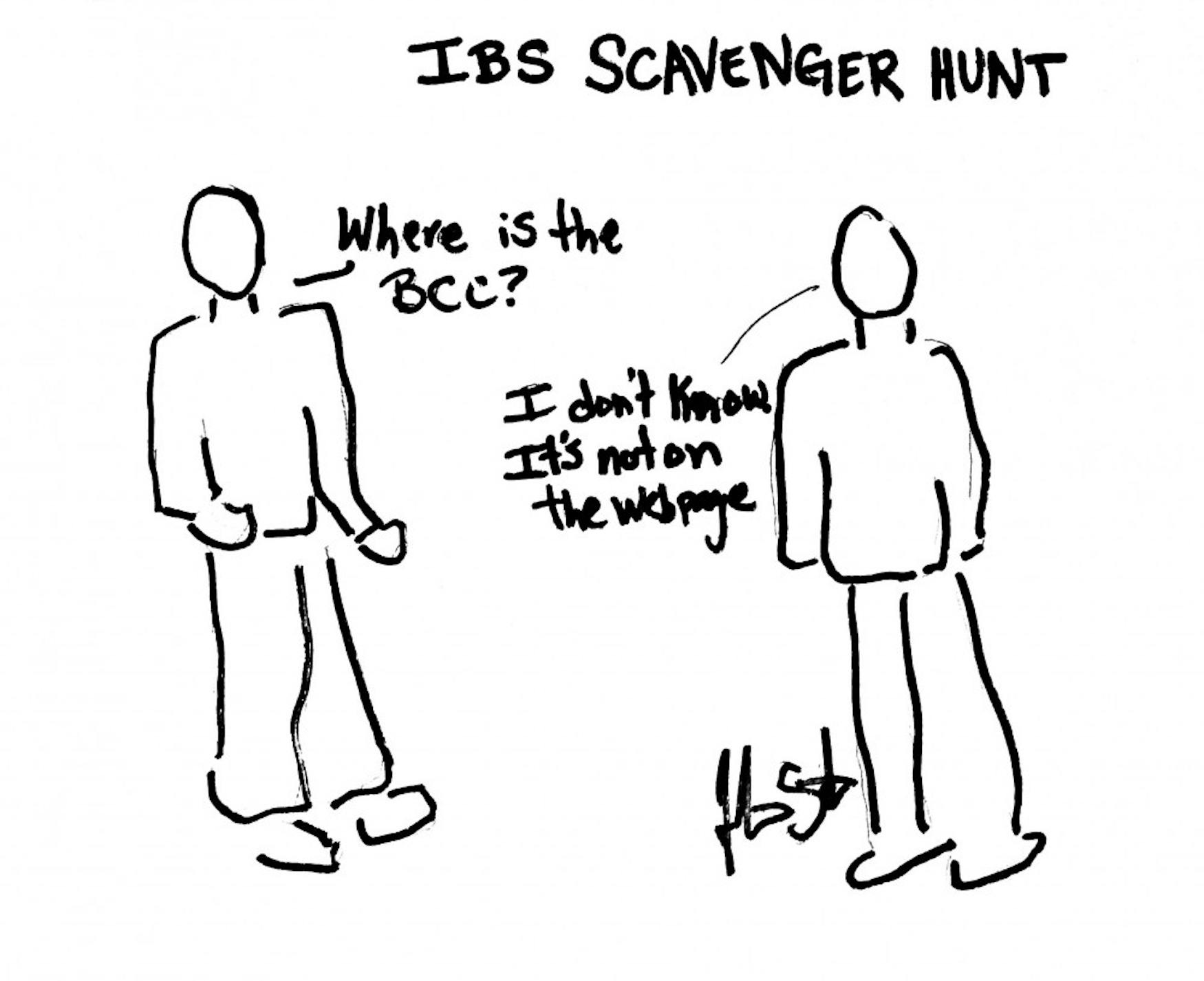EDITORIAL: Urge University to make health resources more accessible
Several weeks ago, this board commended the Brandeis Counseling Center for responding to student concerns and improving its services. Mental health care is increasingly important on campus, and it is necessary that all students know where and how to access it.
However, in light of the recent passing of Chinese Brandeis International Business School student Chuanchuan “Kurtis” Zhang, this board calls on the University to better publicize campus mental health resources for graduate students, especially students for whom English is not a first language.
While the Heller School for Social Policy and Management, the Graduate School of Arts and Sciences and Graduate Student Affairs all include a link to the BCC on their websites, this board could not find any mention of or links to the BCC on any IBS pages or portals. Even on its student portal, IBS makes no mention of the BCC. IBS offers a small sidebar of student services on its website, but there is no link for the BCC. This board finds this oversight regrettable, though the fix is simple.
The University as a whole does a decent job of publicizing mental health resources on campus, but it falls short in ensuring that these efforts also reach non-native English speakers. There are fliers up around campus advertising the 6TALK hotline and other resources, which are also in English. The University should look to the Rape Crisis Center as an example; the RCC includes versions of its resource guides in various other languages.
The University took a step in the right direction with a Nov. 21 statement from University President Ron Liebowitz and IBS interim Dean Peter Petri regarding Zhang’s passing. Anticipating an increased need for mental health resources in Mandarin and Cantonese, the University included a Mandarin version of the statement below the English version. The letter included the hours for the BCC and a note that additional Mandarin-speaking staff would be available in person, with multilingual counseling services available after-hours by phone. Having these resources available in multiple languages ensures that campus services are aimed at international students, many of whom are far from home. This board commends the University for its outreach efforts, but there is still more to be done.
As reported in the Nov. 14 issue of the Justice, the BCC employs one part-time Mandarin and Cantonese speaking counselor. The BCC has tried for years to hire another such counselor, but has failed to overcome visa and green card issues. A good start for the University would be dedicating more resources to hastening this process. According to University statistics, 21 percent of undergraduates and 32 percent of graduate students are international, with many hailing from China. Hiring another Mandarin and Cantonese speaking counselor is a necessity. After all, it can be difficult to articulate mental health issues in a first language, let alone a second or a third.
The University has made significant strides in increasing cultural competence and improving campus mental health care. However, there is still work to be done, and this board advocates that change be enacted sooner, rather than later.




Please note All comments are eligible for publication in The Justice.